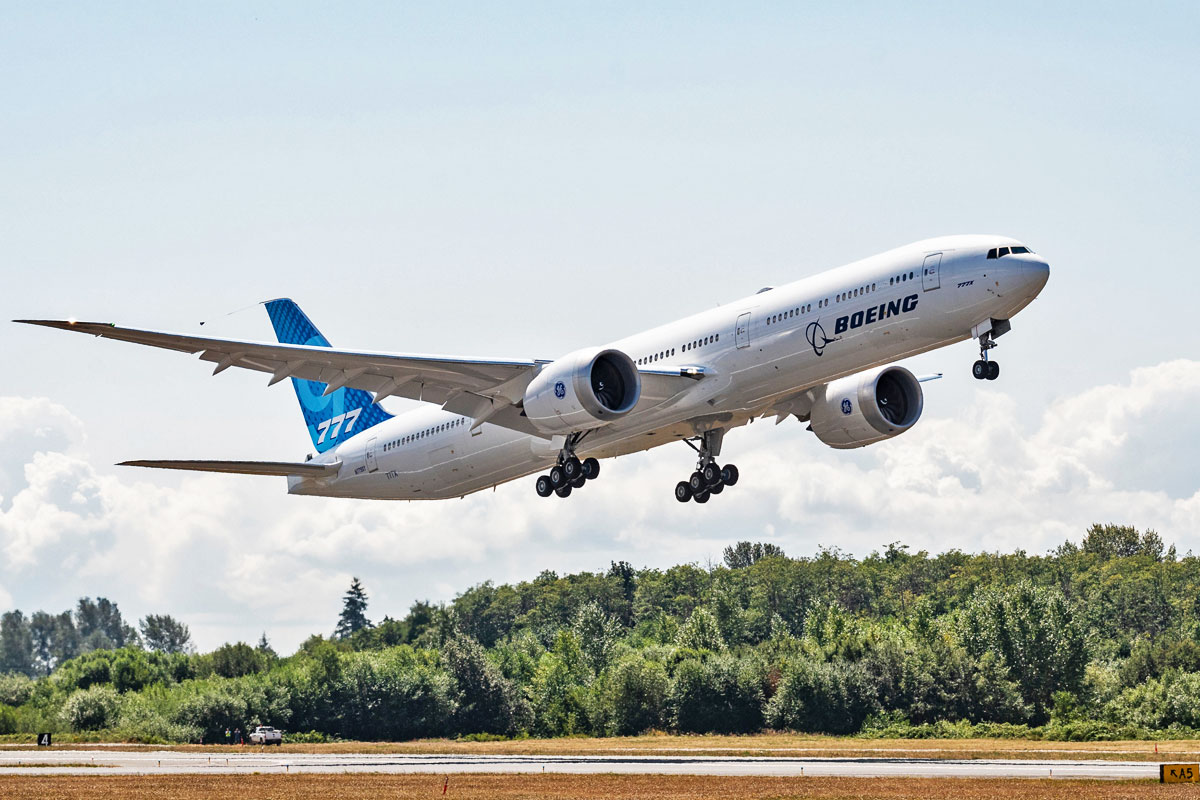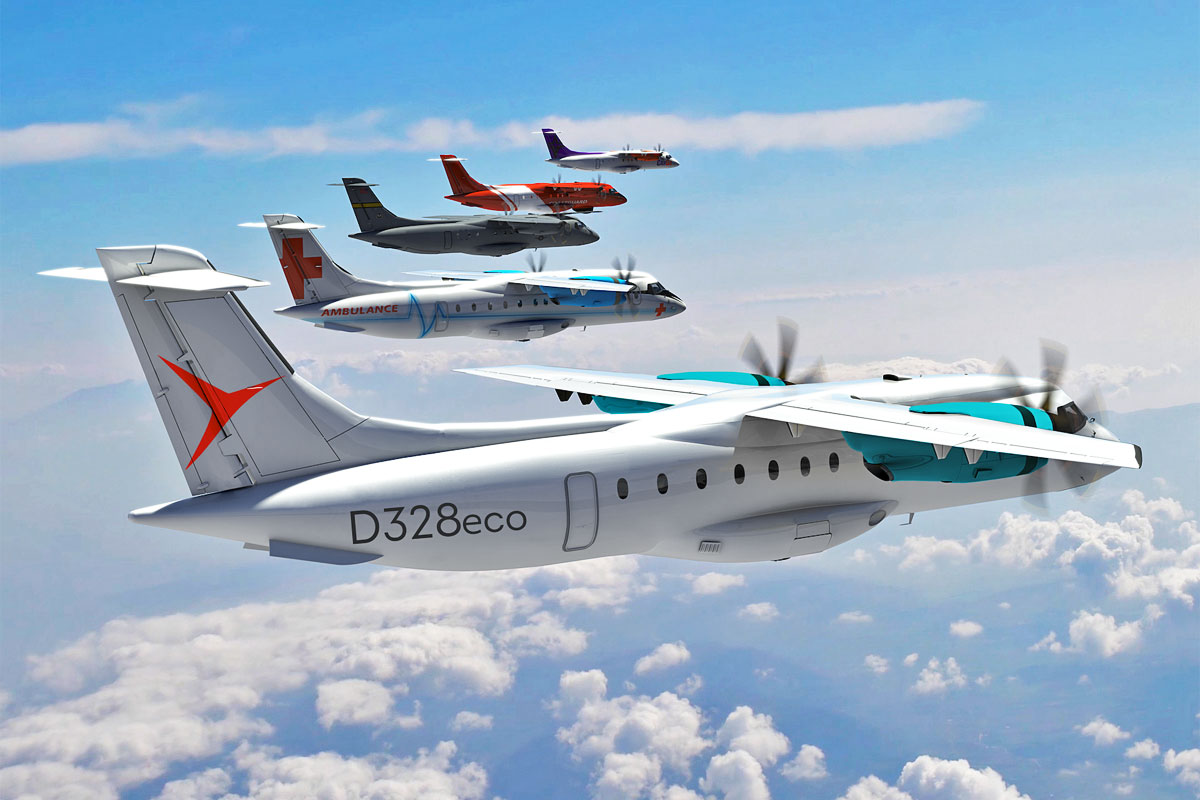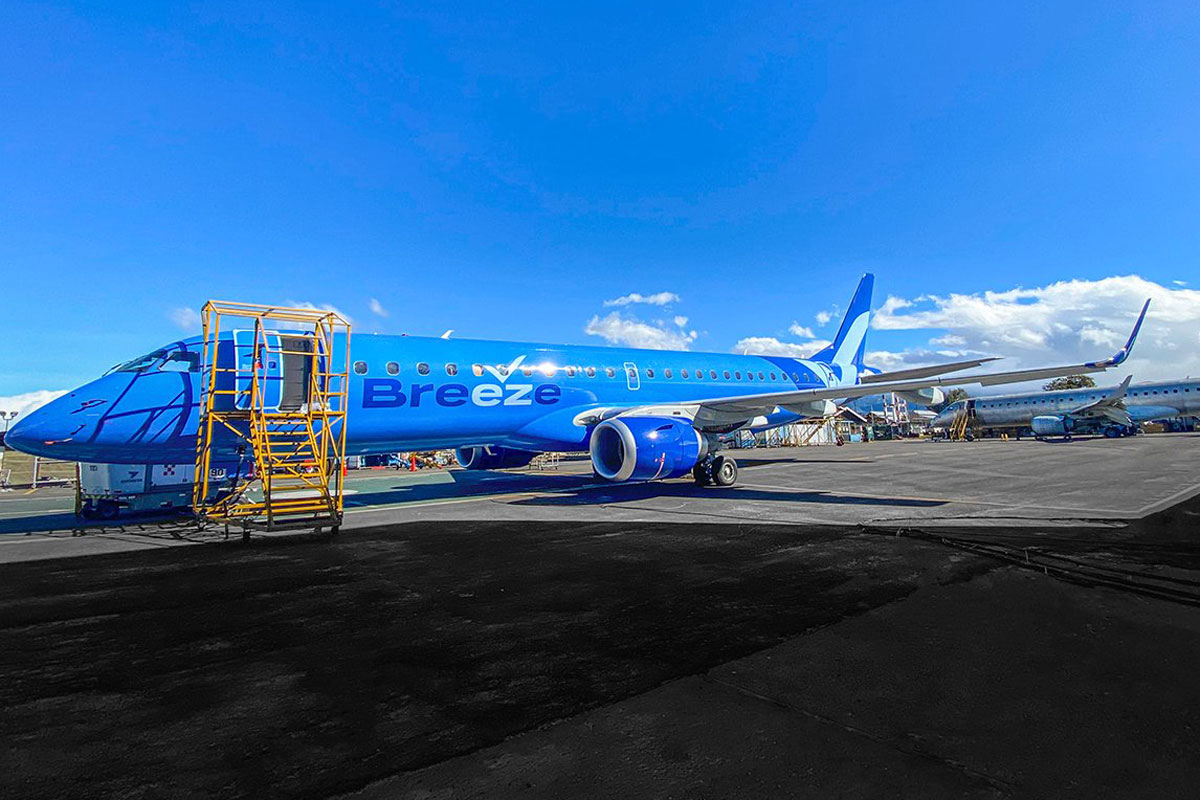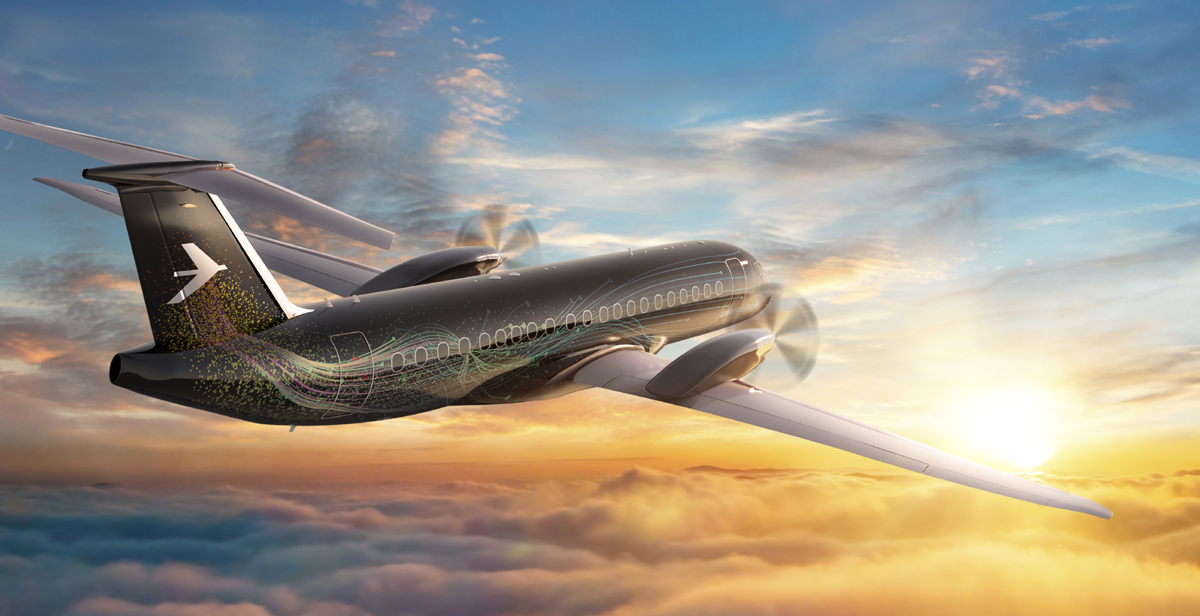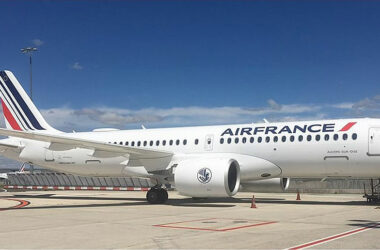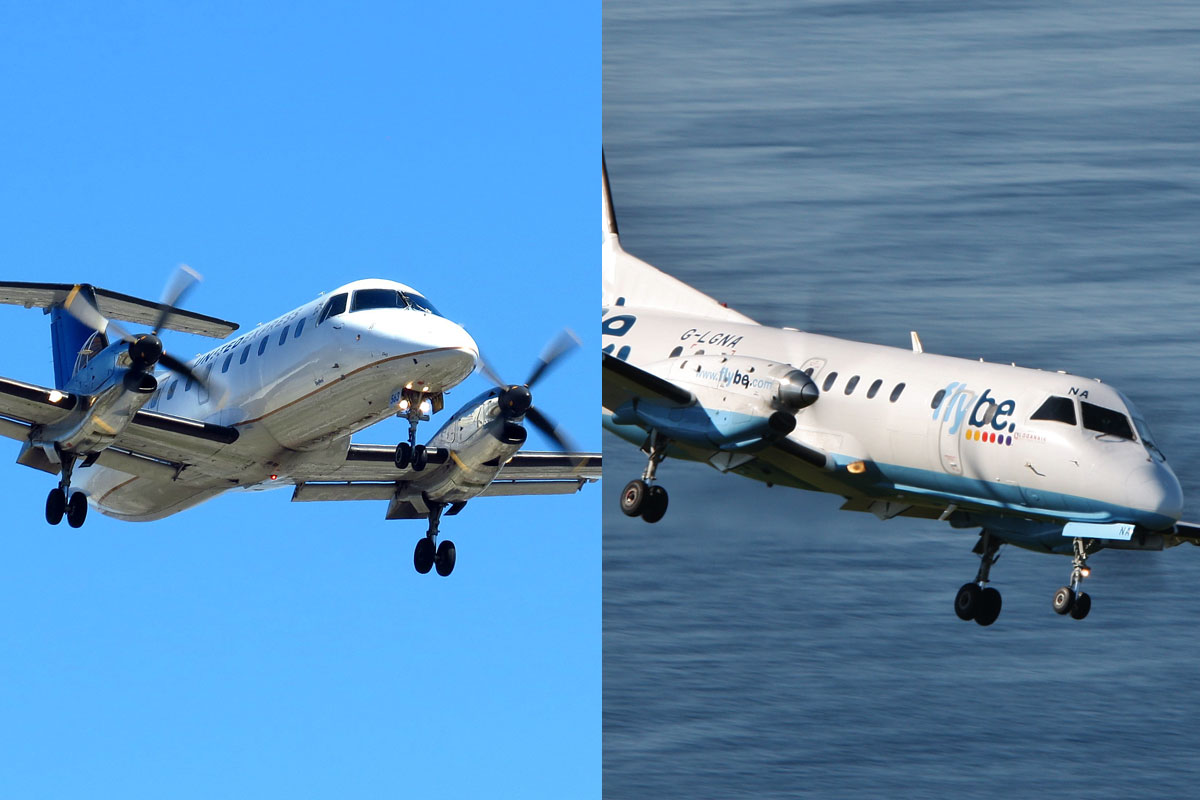The recent delay in entry into service for 2023 and the rising costs of the 777X program were not the only bad news that Boeing has brought to the market in recent days. The airframer’s annual report, released on Monday, reveals that firm orders for the largest twin-engine passenger jet in history have shrunk from 309 to just 191 aircraft.
Although the company still displays 309 aircraft pending delivery as well as 350 orders on its website, the report shows that 118 orders do not meet accounting requirements to be considered guaranteed, due to the ASC 606 standard, an accounting adjustment that excludes unsecured contracts to be considered in the company’s balance sheets.
Until 2019, however, the 309 orders were in the backlog, but ended up being reduced to 191 in the 2020 data. This situation is also faced by the 737 MAX, which shows a reduction of 749 orders, according to data from December last year.
Boeing, however, does not clarify which agreements and companies are among the 118 planes with dubious orders. It is known, however, that Emirates, owner of the largest order for the 777X, with 115 aircraft, would be negotiating an exchange for 787 models, while Cathay Pacific was quoted to cancel its order, although it only preferred to delay deliveries.
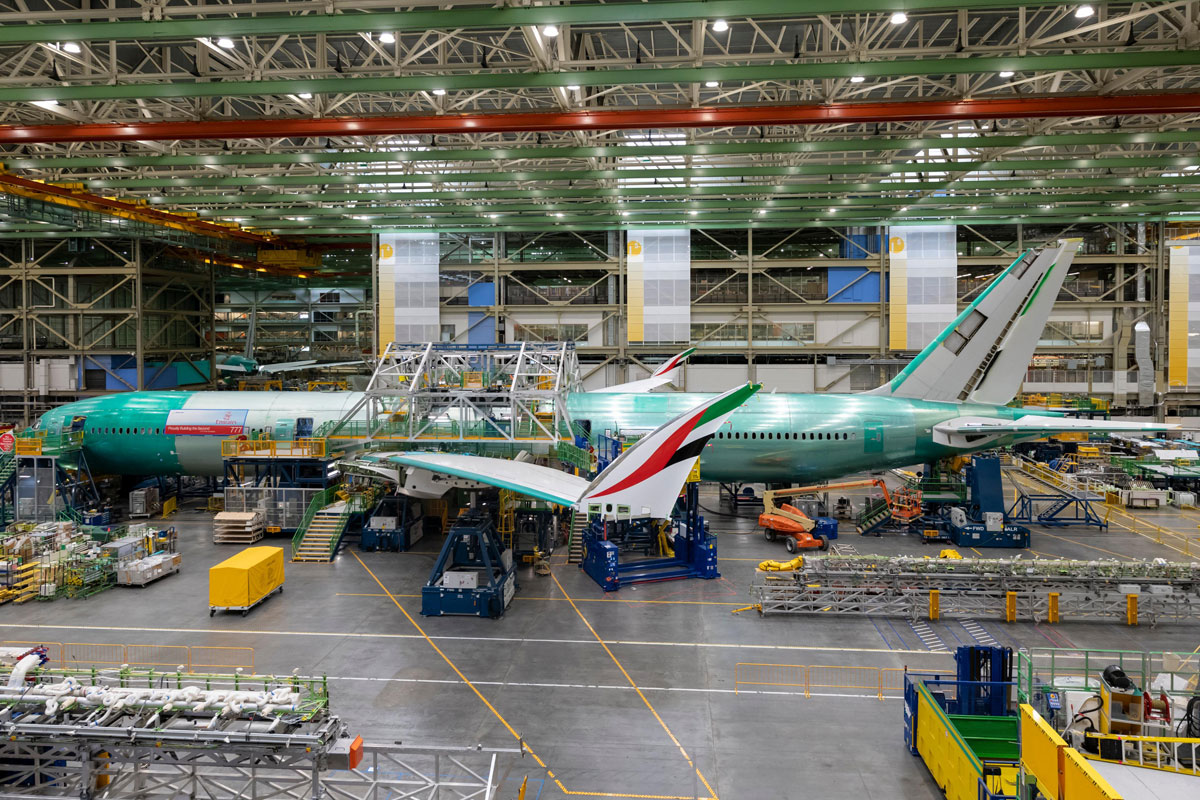
The delay in certifying the aircraft, which will need to undergo design changes to actuator controls, allows 777X customers to withdraw from the deal or change clauses in addition to requesting refunds and compensation.
Currently, the 777X has major airlines as customers such as Emirates, Etihad, Qatar, British Airways, Lufthansa, Singapore, Cathay Pacific and ANA, in addition to ten unidentified orders.
The 777-9 variant, preferred by those companies, will be the largest passenger plane in production after the completion of the 747 and A380 programs, which should occur by 2022.

